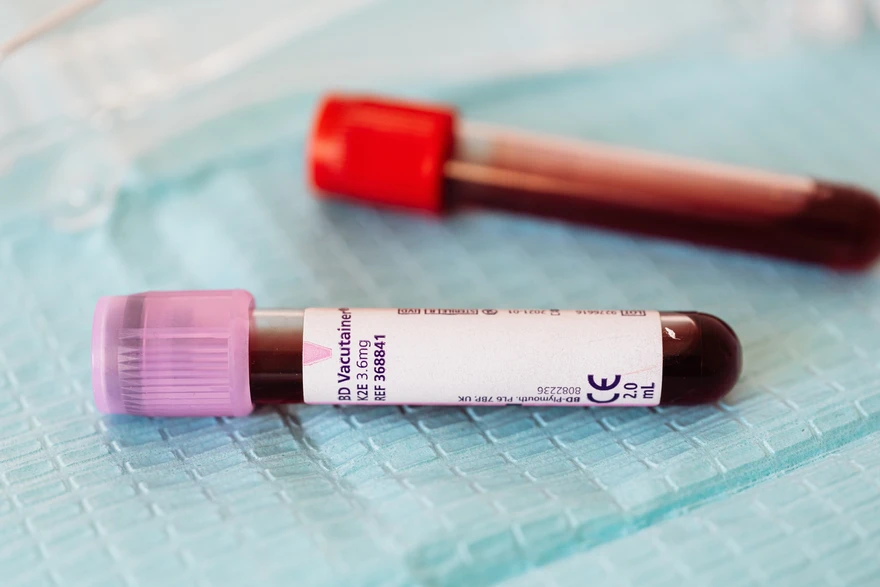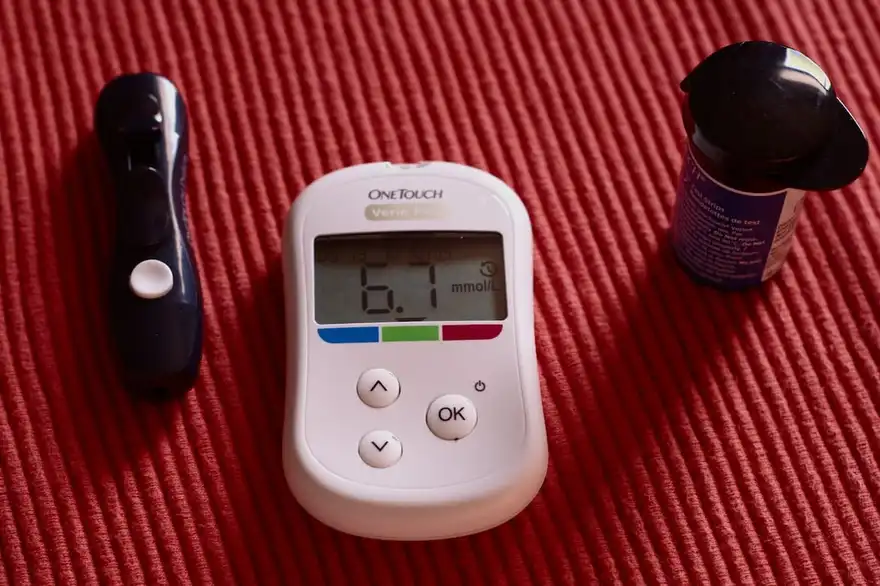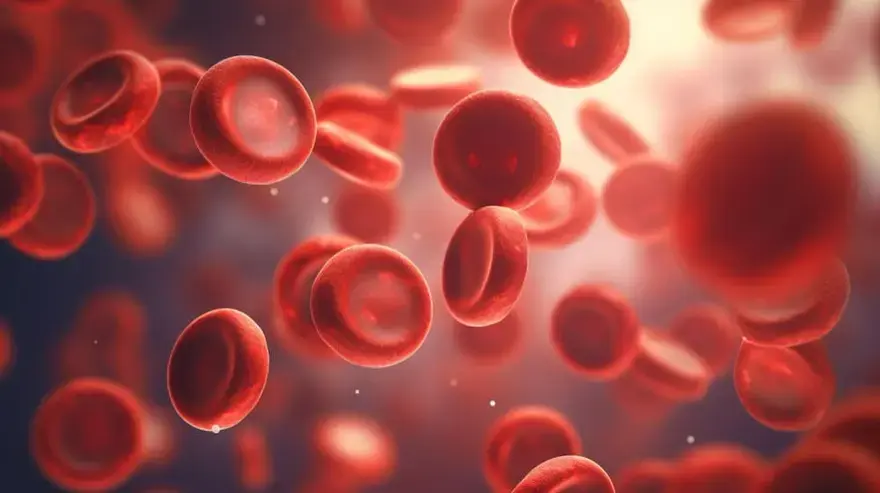mineral deficiency diseases
Deficiency Diseases: Causes, Symptoms and Types
What are Deficiency Diseases? Deficiency diseases are one of the most common and neglected medical conditions worldwide. Poor intake of essential vitamins, minerals and other organic elements causes deficiency diseases. Unfortunately, the lack of proper awareness and healthy diet lead to the deficiency of these crucial components. leads The most common deficiency diseases include deficiencies in vitamin D, vitamin B12, and vitamin B9. Reports state that nearly 92% of Americans are suffering from vitamin deficiency. In India, approximately 75% of Indians are suffering from vitamin deficiencies. Approximately 80% Indians suffer from a deficiency of vitamin D, followed by vitamin B12 (21.02%) and B9 (15.06%). Moreover, 84% of pregnant women are deficient in vitamin D. What do You Mean by Deficiency? When your body does not receive adequate essential organic components like vitamins, minerals, proteins and carbohydrates, it fails to perform certain functions like average cell growth, division and stability. Due to a lack of essential organic components, this condition is called a deficiency. What is Deficiency Disease? A deficiency of such essential organic components hampers your body's normal functions and promotes particular mild to severe medical conditions. These medical conditions are called deficiency diseases. A neglected deficiency may lead to permanent vision loss, heart disease and multi-organ failure. Types of Deficiency Diseases Expert scientists and doctors have categorized deficiency diseases into four groups so far: Vitamin Deficiency Diseases Mineral Deficiency Diseases Protein Deficiency Disease Calorie Deficiency Disease Vitamin Deficiency Diseases The lack of vitamins in the human body causes vitamin deficiency diseases. Fat-soluble vitamin deficiency diseases: A, D, E and K Water-soluble vitamin deficiency diseases: B(B1, B2, B3, B5, B6, B7, B9. B12) and C Mineral Deficiency Diseases Diseases caused by poor absorption of minerals are called mineral deficiency diseases. Minerals likeCalcium, phosphorus, potassium, sodium, chloride, magnesium, iron, zinc, iodine, sulphur, cobalt, copper, fluoride, manganese, and selenium are vital for your body. Protein Deficiency Disease Lack of protein intake causes protein deficiency diseases. Calorie Deficiency Disease A deficiency in adequate calorie intake leads to calorie deficiency disease. What are the Prominent Deficiency Diseases, Causes and Symptoms? Vitamin Deficiency Diseases Disease: Night blindness and Keratomalacia Cause: Deficiency of vitamin A or retinol. Symptoms: Blurred vision Bad skin Poor night vision Disease: BeriBeri Cause: Deficiency in vitamin B1 or thiamin. Symptoms: Weight loss Impaired sensory perception Pain in limbs Weakness Disease: Angular Cheilitis and Anaemia Cause: Deficiency in vitamin B2 or riboflavin. Symptoms: Inflammation at mouth corners Chapped and cracked lips Weakness Dizziness Pale skin Disease: Pallagra Cause: Deficiency of vitamin B3 or niacin. Symptoms: Dementia Diarrhoea Dermatitis Disease: No significant conditions. Cause: Deficiency of vitamin B5 or pantothenic acid. Symptoms: Fatigue Irritability Apathy Disease: Crohn's, Kidney diseases Cause: Deficiency of vitamin B6 Symptoms: Microcytic anaemia depression Dermatitis Disease: Poor health Cause: Deficiency of vitamin B7 or biotin. Symptoms: Hair loss Poor skin Increased elimination of 3-hydroxy isovaleric acid through urine. Disease: Poor neural tubes in children. Cause: Deficiency of vitamin B9 or folate Symptoms: Weakness Irritation Poor brain health Disease: Megaloblastic anaemia, pernicious anaemia, methylmalonicanaemia Cause: Deficiency in vitamin B12 Symptoms: Weakness Dizziness Pale skin Fatigue Disease: Scurvy Cause: Deficiency of vitamin C or ascorbic acid. Symptoms: Bleeding gums Swelling in joints Skin spots Disease: Rickets and Osteomalacia Cause: Deficiency in vitamin D or calciferol Symptoms: Tooth decay Bone weakening Weak joints Disease: Weak body Cause: Deficiency in vitamin E or tocopherol Symptoms: Weak muscles Neurological problems Disease: Poor blood coagulation Cause: Deficiency in vitamin K Symptoms: Excessive bleeding gums Bruising Nose bleeding Heavy menstruation flow Mineral Deficiency Diseases: Disease: Anaemia Cause: Deficiency in iron Symptoms: Pale skin Weak body Dizziness Reduced red blood cells. Disease: Goitre and Hypothyroidism Cause: Iodine deficiency. Symptoms: Constipation Puffy face Dry skin Weight gain Muscle pain Disease: Hypocalcemia Cause: Deficiency in Calcium Symptoms: Alopecia Brittle nails Dry and rough skin and hair Fatigue Disease: Hypomagnesemia Cause: Deficiency in magnesium Symptoms: Vomiting Numbness Loss of appetite Tingling Disease: Poor healing conditions Cause: Deficiency in zinc Symptoms: Poor healing Lethargy Weak immune system Diarrhoea Hair loss Protein Deficiency Disease Disease: Kwashiorkor Symptoms Swollen stomach Apathy Irritability Calorie Deficiency Disease Disease: Marasmus Symptoms Loss of muscle volume Loss of hypodermic fat Grow arrears Risk Factors The following points can be considered potential risk factors for deficiency diseases among the masses: Pregnant women Breastfed infants Adolescents Older adults Poor diet Addiction to alcohol and tobacco Bowel problems Kidney dialysis Obesity Premenopausal women Diagnosis and Treatment Diagnosis Deficiency diseases can be detected by: Skin test Blood test Urine test Treatment Treatment of deficiency diseases is carried out based on the deficiency of the detected component. Your doctor will prescribe supplements to keep your body healthy. What Should You Do at Home? Follow this daily routine, and you may avoid deficiency diseases: Visit a doctor at least once in two months. Take your health reports to a nutritionist and get a personalized diet chart. Eat at least one different fruit a day. Take supplements if necessary. Control your body weight. Conclusion Unfortunately, deficiency diseases are relatively common in all the countries in the world. Similarly, many of the Indian population suffer from different kinds of deficiency diseases. Please add easily-available vegetables and fruits to your daily food chart. Metropolis Healthcare is one of India's leading diagnostic centres. Visit your nearest Metropolis Healthcare Centre for any pathological test. They have a good reputation for satisfying their clients. Some of the advantages of Metropolis Healthcare are as follows: Latest testing apparatus One-time sample collection Special attention to every patient, especially children and infants. Clean and sanitized labs Optimum safety measures maintained by the professionals An accurate and checked report in less than 24 hours Final Takeaway Follow the instructions of your doctor and nutritionist. Maintain a balanced diet. Try to eat one fruit a day. Regular checkups, as said by your doctor. Routine tests in Metropolis Healthcare as prescribed by the doctors
 Home Visit
Home Visit Upload
Upload













1715579024.webp)

 WhatsApp
WhatsApp